Accelerating progress: research strategy 2025-2030
Because people with blood cancer can't wait.
Why do we need a new research strategy?
We are making good progress on delivering the strategy we published in 2023, including the aim to triple our research funding. We now need a research strategy that outlines what we will fund and how, to keep us on the right path towards ensuring no one dies from blood cancer or its treatments.
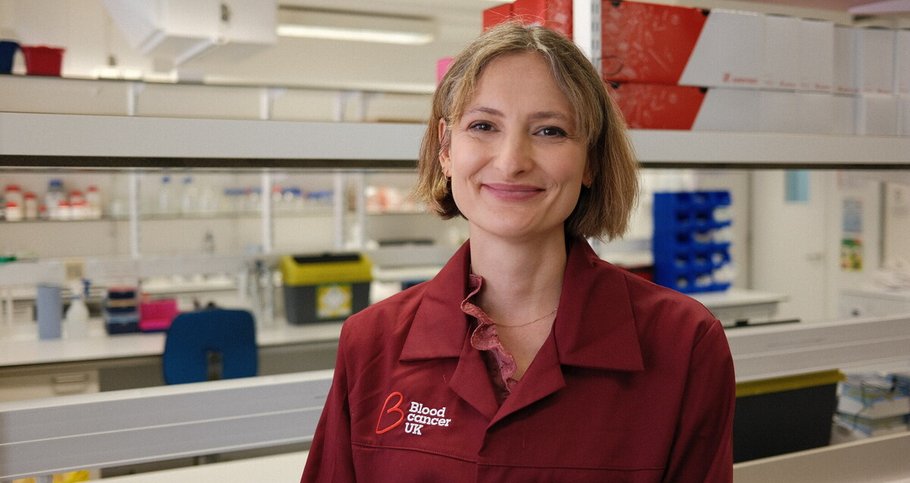
Download the full research strategy
As with everything we do, our research strategy was shaped by people affected by blood cancer, as well as blood cancer researchers.
Our research strategy at a glance
Our new research strategy focuses on three main areas: prevention, early detection and predicting outcomes, and treatment. Our ambition is personalised medicine; people at high risk of developing blood cancer have tailored prevention, everyone gets an early diagnosis, and the right treatment tailored for them. Head to page 14 of the full strategy to learn more about our ambition.
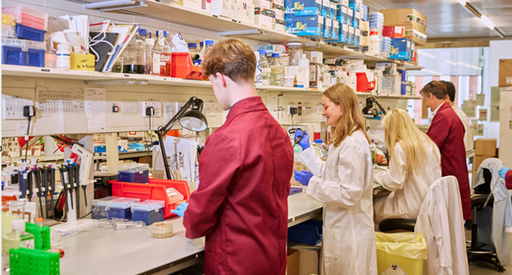
Prevention
We aim to identify people at risk of developing blood cancer, target pre-malignant disease, and prevent more aggressive forms.
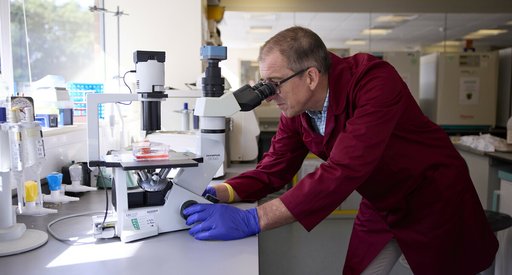
Early detection and predicting outcomes
We aim to ensure early diagnosis and focus on predicting outcomes and disease progression.
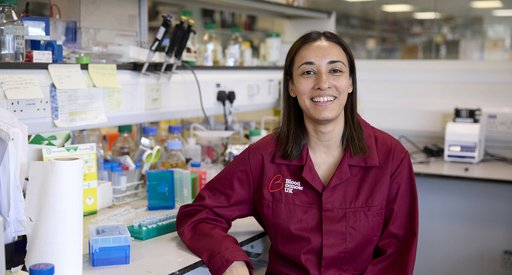
Treatment
We aim to decrease the toxicity and side effects of treatment, develop more effective treatments, and prevent relapse.
Our areas of investment and funding values
Our investment areas outline how we will fund research, and our funding principles help guide and support every piece of research we choose to fund. Head to page 28 in the full research strategy to learn more about our areas of investment, and page 37 to learn more about our funding principles.
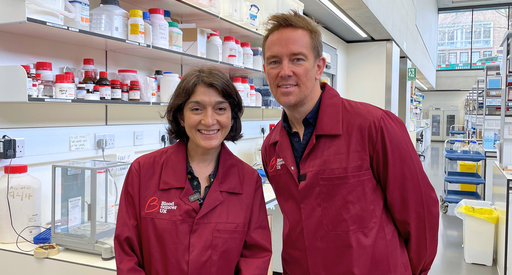
The values that guide our new research strategy
Discover how you can stay involved in our research strategy by reading about our funding principles and values.
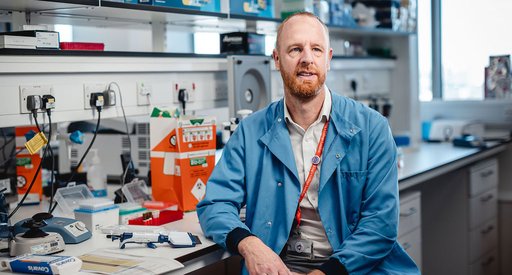
Research strategy 2025: our areas of investment
Our four areas of investment relate to our four different funding schemes. By investing in the right areas, we will beat blood cancer sooner.
Progress since our last strategy
Head to page 10 in the full strategy to find out what progress we've made since 2021.
-
£10 million We've doubled our funding from £5 million in 2021
-
£500,000 Across 17 pilot grants through our new scheme
-
£26,000,000 Across a total of 89 new grants
You might also be interested in
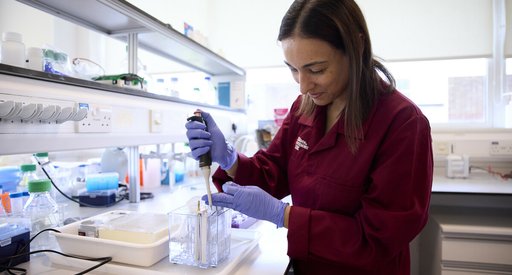
Our research projects
Our researchers are making discoveries that have a life-changing impact on people with blood cancer.

Latest news on research
Stay up to date with the latest news about blood cancer research across the UK.

Research impact
Discover the impact that our research funding; made possible solely from your support, has had so far on the blood cancer community.

UK Blood Cancer Action Plan
Our Action Plan was developed to address blood cancer survival in the UK. The plan has helped shape our new research strategy.
Stay in touch with us
Get all the latest news delivered straight to your inbox.
We will keep you updated about our work and the ways you can help, including campaigns and events. We promise to respect your privacy and we will never sell or swap your details.
